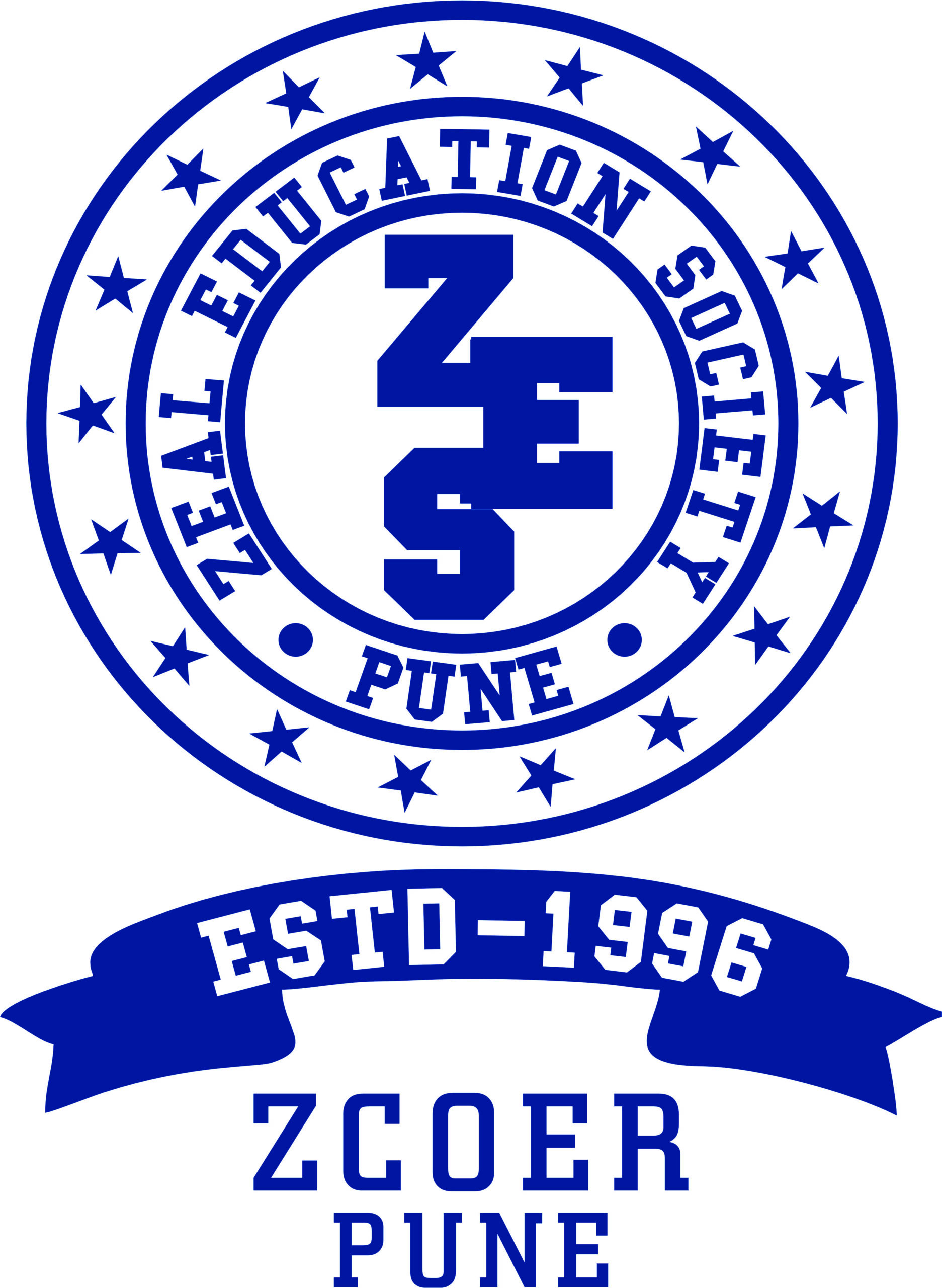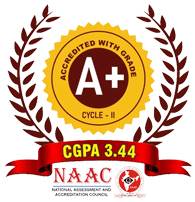Computer Engineering
- Computer Engineering
- About Department
- From HOD Desk
- Vision & Mission
- PEO & PSO, PO & CO
- Autonomy Constitution
- Faculty Profile
- Lab Facilities
- Innovations in Teaching – Learning
- Research & Publication
- Skill Development
- Faculty Achievement
- Students Achievement
- Student Association
- Placement and Internship
- Center of Excellence
- Life @ Computer
- Downloads
- Newsletters
Goals:
The goal of integrating Online Compilers and Notebooks in teaching is to enhance accessibility and flexibility for code development and practice while promoting collaborative learning. By leveraging cloud-based platforms, students can write, compile, and execute code seamlessly without requiring complex local setups. This innovation fosters real-time collaboration, improves coding efficiency, and supports remote learning.
Use of Appropriate Methods:
1. Online Compiler Platforms:
- Use of cloud-based compilers such as JDoodle, Replit, HackerRank, and CodeChef IDE for programming practice.
- Support for multiple languages including C, C++, Java, Python, and JavaScript.
- Integration with real-time error detection and debugging tools.
2. Collaborative Online Notebooks:
- Utilization of Google Colab and Jupyter Notebooks for writing and executing Python, AI/ML, and Data Science programs.
- Shared document editing and execution in real time for collaborative project work.
- Supports markdown documentation for better code explanation and documentation.
Significance of Results:
- Increased Accessibility: Students can practice programming from anywhere using an internet-enabled device.
- Improved Flexibility: Eliminates the need for local installations, reducing compatibility issues.
- Collaborative Coding: Enables group projects where multiple students can contribute and edit the same notebook/code.
- Enhanced Learning Experience: Interactive execution of code with real-time feedback.
Effectiveness:
Student Usage Statistics:
- Number of students regularly uses online compilers for practice and assignments.
- Number of project groups utilizes collaborative notebooks for coding and documentation.
Project Outcomes:
- Increased coding efficiency: Students are able to debug and correct errors faster with built-in suggestions.
- Integration with real-world applications: Cloud-based development environments mirror industry practices.
Feedback on Online Coding Tools:
- Most of students of students found online compilers useful for quick testing and debugging.
- Faculty members reported an improvement in code readability and organization using notebooks.
Application:
- Programming Courses: Used for teaching C, C++, Java, and Python with real-time compilation.
- Database Management: SQL queries executed on cloud-based databases for efficient learning.
- Machine Learning & AI: Google Colab is used for ML models, AI research, and deep learning projects.
- Web Development & Software Engineering: Online editors for HTML, CSS, JavaScript, and version control integration.
Utilization:
- Regular Class Assignments: Students practice code and submit assignments via cloud platforms.
- Live Coding Sessions: Faculty demonstrates code execution in real-time using online notebooks.
- Collaborative Projects: Students work on group assignments and share code through notebooks.
- Remote Learning & Exams: Used for virtual coding tests and hackathons.
Implementation:
1. Selection of Platforms:
- JDoodle, Replit, and OnlineGDB for basic programming.
- Google Colab and Jupyter Notebook for advanced AI/ML and data analysis.
2. Integration into the Curriculum:
- Faculty provide pre-configured notebooks for specific topics.
- Online compiler-based assignments to replace traditional lab-based coding exercises.
3. Training & Awareness:
- Workshops and training sessions on using online compilers and notebooks effectively.
- Encouraging students to use collaborative tools for project-based learning.
Benefits:
- Seamless Learning: No need for software installations; accessible from any device.
- Real-Time Collaboration: Multiple users can code and edit in Google Colab and Jupyter Notebook
- Error Detection & Debugging: Built-in suggestions and code execution tracking.
- Encourages Experimentation: Students can test code variations instantly.
- Industry Alignment: Prepares students for cloud-based software development environments.
Conclusion:
The adoption of Online Compilers and Notebooks in the Computer Engineering Department at Zeal College of Engineering and Research, Pune, has significantly transformed the teaching-learning experience. This innovation has made coding more accessible, flexible, and collaborative, aligning with modern industry practices. The increasing student engagement and positive feedback highlight the effectiveness of this initiative. Continued integration of advanced cloud-based tools will further enhance programming education, preparing students for real-world software development challenges
Submit your review | |
1 2 3 4 5 | |
Submit Cancel | |

